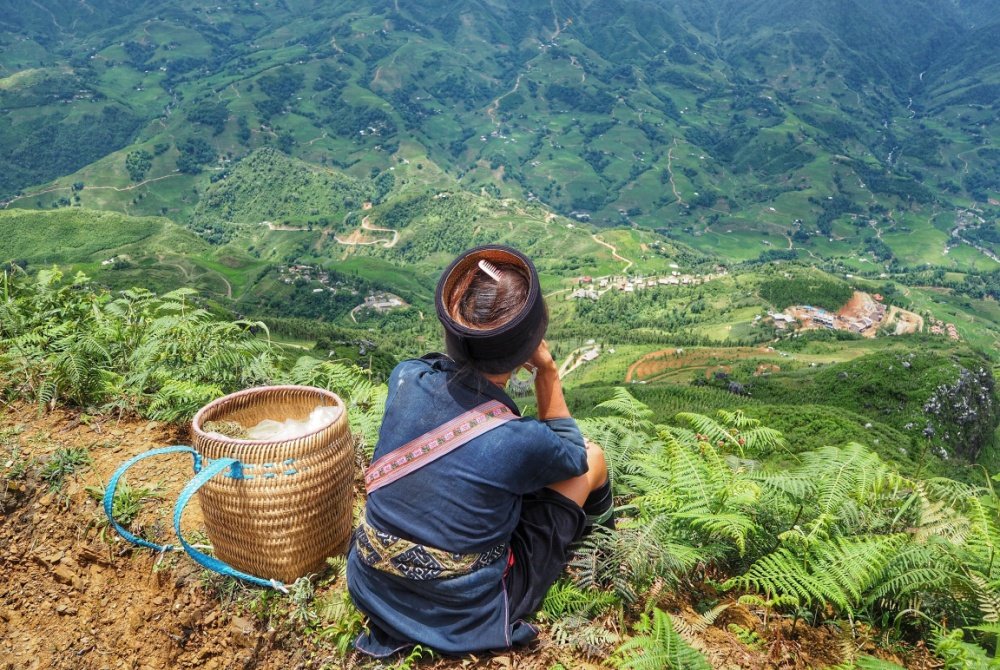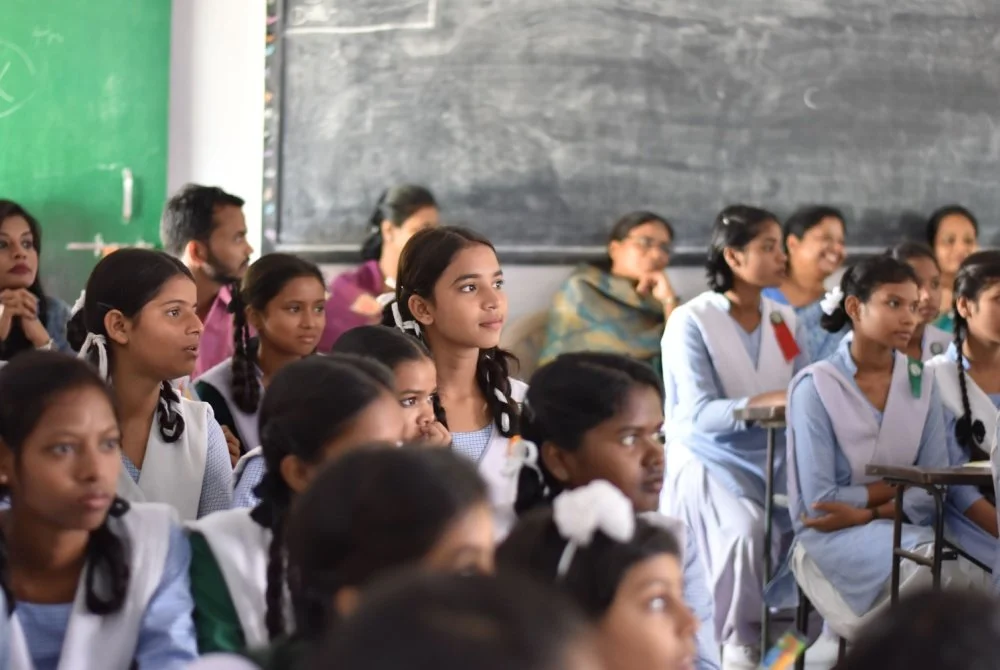The Personal Journey That Moved the Gates Foundation to Focus on Gender Equality
/Melinda Gates in 2015. JStone/shutterstock
Everyone knows that over the past few years Melinda Gates pushed the Bill and Melinda Gates Foundation to increase its focus on gender equality. What is less widely known is why she came to view this issue as critical to global development.
She answers these questions in her deeply moving and artfully constructed new memoir, The Moment of Lift. The title reflects her childhood fascination with space launches, but it also encapsulates her view that “if you want to lift up humanity, empower women.”
The book describes how she came to believe that empowering girls and women is not only intrinsically good, but also a critical lever for solving larger development problems. Each chapter covers a different issue, from topics with obvious connections to gender, such as family planning, maternal and child health, and girl child marriage, to others, such as smallholder farmer productivity, where the connection is less intuitive. She recounts that field visits to grantees—and direct conversations with program staff and beneficiaries—shifted her views on specific issues.
For example, she narrates a visit to a grantee in a poor village in Uttar Pradesh, India, that changed her ideas on preventing newborn deaths. The organization had successfully reduced infant mortality by deploying community health workers to teach new mothers the importance of immediate skin-to-skin contact with newborns. “The most striking lesson for me…. was that it wasn’t about technological advances,” she recounts. The trip taught her “how much can be achieved by sharing simple practices that are widely known throughout the world.” Unlike her husband’s inclinations, she no longer views technology and science as silver-bullet solutions to health problems in low-income countries. In her view, empowering women with basic information is just as important as vaccines.
In another chapter she describes a series of conversations during field visits that shifted her views on HIV prevention. One discussion with a doctor in Thailand led her to empathize with poor mothers who decided to become sex workers—an insight that conflicted with her Catholic school upbringing. When the foundation later designed an HIV-prevention program in India, it incorporated sex workers into leadership roles, acknowledging that “sex work was one of the critical pathways for the disease.” In another conversation with sex workers in India, she learned that the foundation’s focus should be protecting sex workers from violence, because it was the fear of violence that kept them from using condoms.
But the book also reveals that beyond these conversations with strangers in distant lands, her marriage—and the power imbalance she often felt—fueled her passion for gender equality. She recounts her struggle to persuade Bill to allow her to co-author the foundation’s annual letter. He initially resisted, and it was only in 2015 that their first co-authored letter appeared.
Propelled by Melinda’s passion, in 2018, the Gates Foundation launched a $170 million gender equality strategy, making it one of the most important donors in this space. Although the foundation had previously addressed gender issues such as family planning and nutrition, the new strategy adds women’s economic empowerment to the mix, including such issues as financial inclusion, land tenure, and linking women—especially female farmers—to markets.
Although the effort to improve the material circumstances of women’s lives is laudable, the book also reveals the limits of Melinda’s comprehension of the lives of world’s poorest and most marginalized women. The discussion about her relationship with Bill appears in the same chapter as a longer discussion about unpaid work, in which she highlights the fact that women, especially in low-income countries, do a higher share of the unpaid work that makes a household run. Reducing the amount of time that poor women spend on unpaid work so that they have more time for paid work is also a part of the foundation’s gender program.
But isn’t this just shifting the burden of development onto women? There are logical reasons that women, even in the wealthy Northern countries, choose to work inside the home rather than take jobs that might pay, but not well enough to justify finding others to perform these necessary household tasks. And in the predominantly low-income countries of sub-Saharan Africa, there is a dearth of decently paid jobs, or fair prices for small farmers’ agricultural products, which affects both women and men.
In these contexts, shifting the household responsibilities of men and women—without addressing the underlying conditions that systematically produce poverty and inequality in the Global South—seems fruitless. Those conditions include inequitable global trade policies, insufficient labor and environmental regulations, and corporate tax avoidance that leaves poor countries without the resources necessary to invest in health, education and infrastructure. These factors leave women disproportionately responsible for the survival of their families, while deflecting any burden away from corporations, governments and global governance institutions.
In the book’s poetic epilogue, she describes her feeling of an “inexpressible bond” with a Masai woman from rural Tanzania named Anna, with whom she and her daughter stayed while on a foundation visit. Here, she witnessed firsthand the daily, arduous chores that millions of poor, rural African women perform each day—chopping firewood, walking 30 minutes to fetch water, preparing food. In reality, Anna and Melinda Gates share absolutely nothing in common beyond their species and gender identities. Melinda Gates has everything, but what she cannot have is the fantasy that she has anything in common with the most marginalized and poorest women in the world. Her privilege is not a Burberry coat that can be checked at the door. It is a gilded cage that separates her from the rest of humanity, but one that I hope the foundation will one day get serious about dismantling.
Related:
"Data Holds Power." A Big Plan from Melinda Gates to Help Close the Gender Gap
Chasm: What Are Funders Doing To Close Big New Gaps in Aid for Family Planning?
Gag Reflex: Melinda Gates Isn't the Only Funder Worried About the Mexico City Policy
Why Won’t Bill and Melinda Gates Really Take on Donald Trump?



















